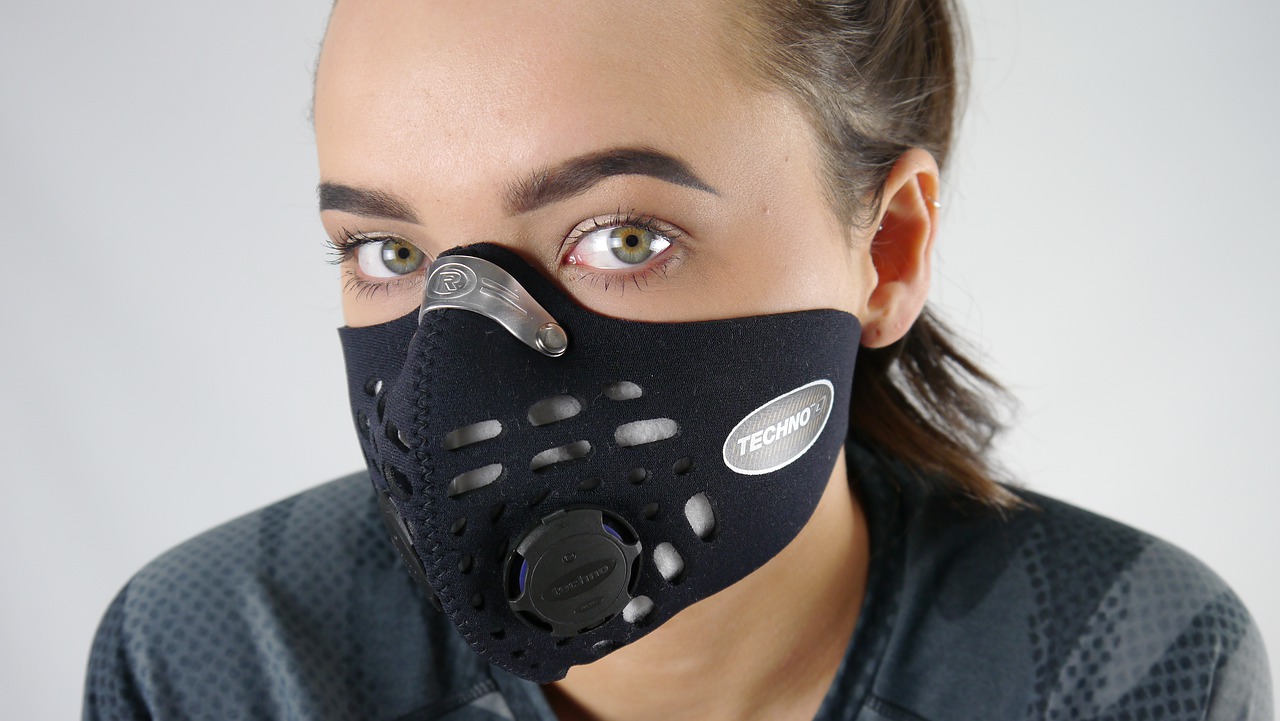
The World Health Organization (WHO) plans to recommend “airborne precautions” for medical personnel after new research revealed that the coronavirus can survive in the air in certain conditions.
In a virtual news conference, Dr. Maria Van Kerkhove, head of WHO’s emerging diseases and zoonosis unit explained that the transmission of the virus causing COVID-19 happens through droplets or bits of liquid one can get from sneezing or coughing.
“When you do an aerosol-generating procedure like in a medical care facility, you have the possibility to what we call aerosolize these particles, which means they can stay in the air a little bit longer.”
“It’s very important that health-care workers take additional precautions when they’re working on patients and doing those procedures,” she added.
World health officials reiterate that the coronavirus can go airborne, remaining in the air depending on factors like heat and humidity.
Kerkhove pointed out that health officials are looking into studies being held in different countries to determine environmental conditions that COVID-19 can survive.
Scientists are examining at how humidity, temperature and ultraviolet lighting contribute to the persistence of the disease as well as how long it survives on different surfaces, including steel, she said.
Scientific findings are being used to ensure that WHO’s guidance is accurate, and “so far ... we are confident that the guidance that we have is appropriate,” Kerkhove added.
Medical staff are advised to wear so-called N95 masks because they filter out almost 95% of all liquid or airborne particles.
“In health-care facilities, we make sure health-care workers use standard droplet precautions with the exception ... that they’re doing an aerosol-generating procedure,” she said.
Meanwhile, WHO Director-General Dr. Tedros Adhanom Ghebreyesus said Monday that the number of COVID-19 cases increased over the past week. “We have not seen an urgent enough escalation in testing, isolation and contact tracing, which is the backbone of the response.”
“We have a simple message for all countries: test, test, test. Test every suspected case, if they test positive, isolate them and find out who they have been in contact with two days before they developed symptoms and test those people, too,” Tedros said.






